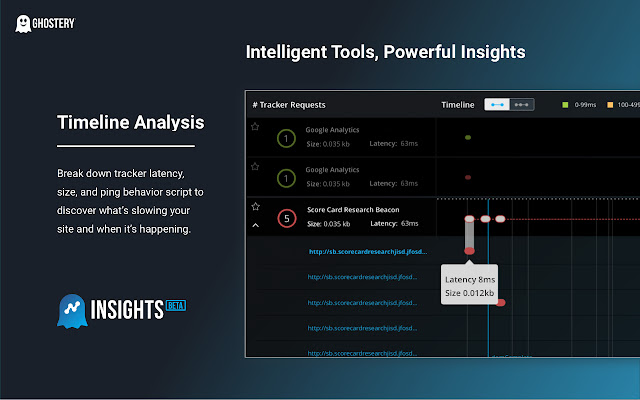What is the average salary of a trader in London?
Introduction London remains a magnet for traders: a dense mix of banks, prop shops, hedge funds, and a thriving fintech scene. People often ask not just about pay, but about how pay tracks with skill, asset class, and market cycles. The short answer: salaries vary a lot, but the story is clear—London rewards performance, risk management, and the ability to read liquidity across markets. This piece dives into the numbers, lanes of learning, and the evolving backdrop—from DeFi to AI-driven trading—so you can picture what “average” means in a high-octane city.
Salary snapshot in London For mid‑level prop traders, base salaries typically run around £120k–£180k, with total compensation often in the £200k–£400k range after bonuses. Juniors might start in the £60k–£100k base band, with smaller but meaningful bonuses, while senior—top performers at established shops—can push total comp well beyond £500k in strong years, and occasionally into seven figures in rare cases. The spread depends on firm size, profitability, and the trader’s risk appetite and track record. Across asset classes, the same premium applies: performance-driven pay beats fixed salaries when markets are lively, but risk controls and capital constraints keep a lid on compensation during slower periods.
Asset classes and the learning curve
- Forex and futures: massive liquidity, fast turnover, and a lifestyle that suits night owls. Great for learning micro-structure, order flow, and risk budgeting.
- Stocks and indices: clearer fundamentals, seasonal patterns, and a gentler learning curve for options and risk management.
- Crypto and tokens: high velocity, 24/7 trading, and narrative-driven volatility—great for rapid iteration but demanding on risk controls and security.
- Commodities and options: macro-driven, requires macro awareness and hedging discipline.
- Multi-asset desks: cross-pollination of ideas and a steadier learning path, but with the need to juggle diverse risk metrics.
Prop trading: structure and career path Prop shops offer capital and a share of profits in exchange for performance. You’ll see paths from analyst/trader in training to independent desk leader, with risk management as a core guardrail. The upside is scale—your compensation grows with your P&L and your ability to manage drawdowns. The trade-off is pressure: the same liquidity you rely on can vanish in a snap, so disciplined risk controls and a robust trading plan are non-negotiables.
Reliability tips and strategies
- Start with a clear risk framework: max loss per day, per idea, per instrument.
- Backtest ideas, maintain a trade journal, and iterate.
- Seek licensed or well-regulated environments; verify payout structures and compliance.
- Build a diversified skill set across asset classes to reduce single-venue risk.
- Use paper trading to validate strategies before sizing up.
DeFi today: development and challenges DeFi has matured to a point where institutional players peek through the curtain, but it carries governance complexity, smart contract risk, and regulatory uncertainty. Fragmented liquidity and high gas fees in some chains add friction for live trading. For traders, DeFi offers interesting experiments—improved liquidity provision, automated yield strategies, and on-chain custody—but it isn’t a substitute for traditional venues yet. The real value lies in understanding how on-chain markets can complement, not replace, centralized venues.
Future trends: smart contracts, AI, and beyond Smart contract trading and AI-driven systems are shifting the frontier. Expect smarter order-routing, on-chain liquidity, and risk controls baked into the code. Tokenized assets could broaden the horizon beyond equities and commodities, while compliance-by-design becomes a norm in new platforms. For London traders, this means more tools, more data, and more ways to calibrate risk and reward.
Prop trading outlook and the London ecosystem London’s mix of regulation, talent, and liquidity keeps prop trading relevant. Firms continue to adapt to tighter risk controls and higher transparency, while tech enablement and collaboration with fintech banks push efficiency upward. The potential salary picture remains strong for top performers who can consistently generate alpha, especially in growing asset classes and cross-border trading.
Slogans to keep in mind
- Where skill meets speed: London traders earning with the rhythm of the market.
- Trade hard, win bigger—the London edge in a global arena.
- Cut through noise, capture the move, and let your salary follow the signal.
If you’re curious about joining the scene, look for programs with solid risk frameworks, transparent compensation, and mentors who prioritize disciplined trading as much as profit. The city’s markets aren’t just a job—they’re a living test bed for trading craft.




